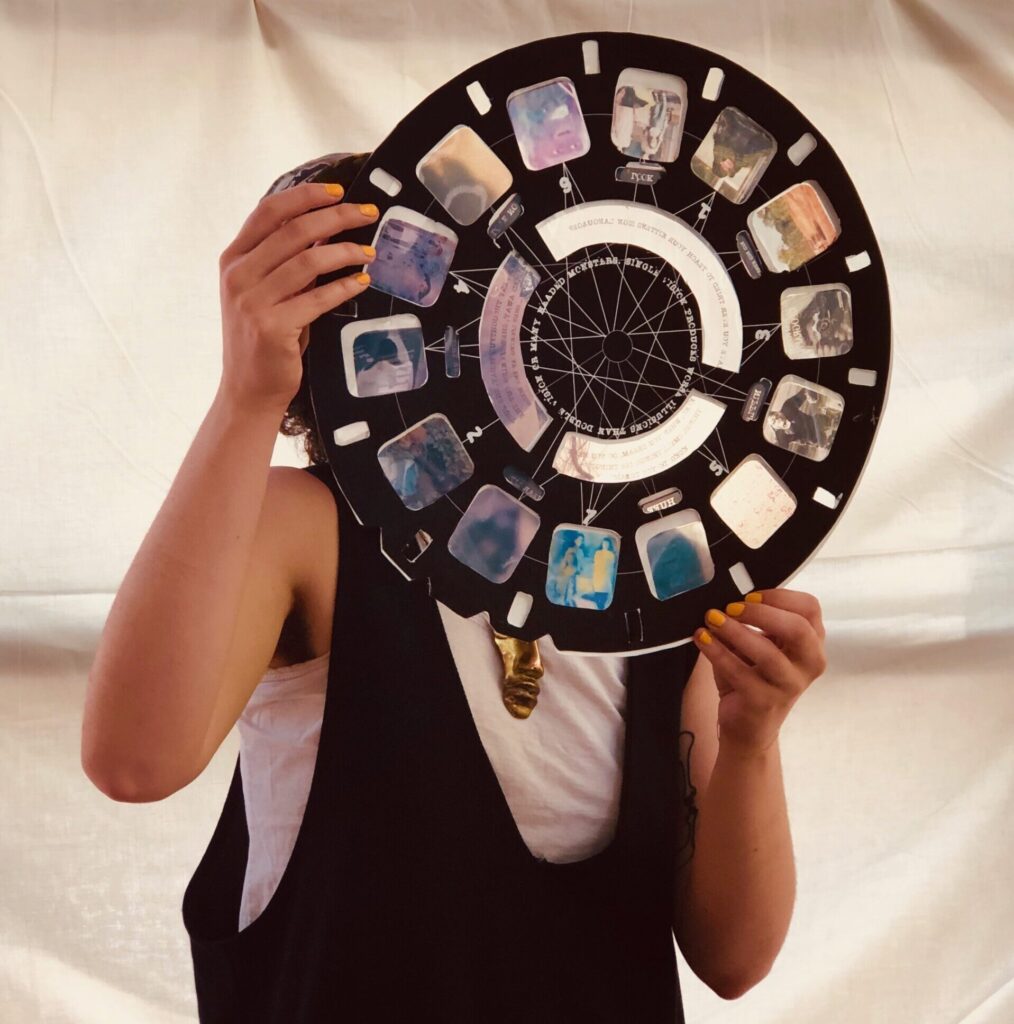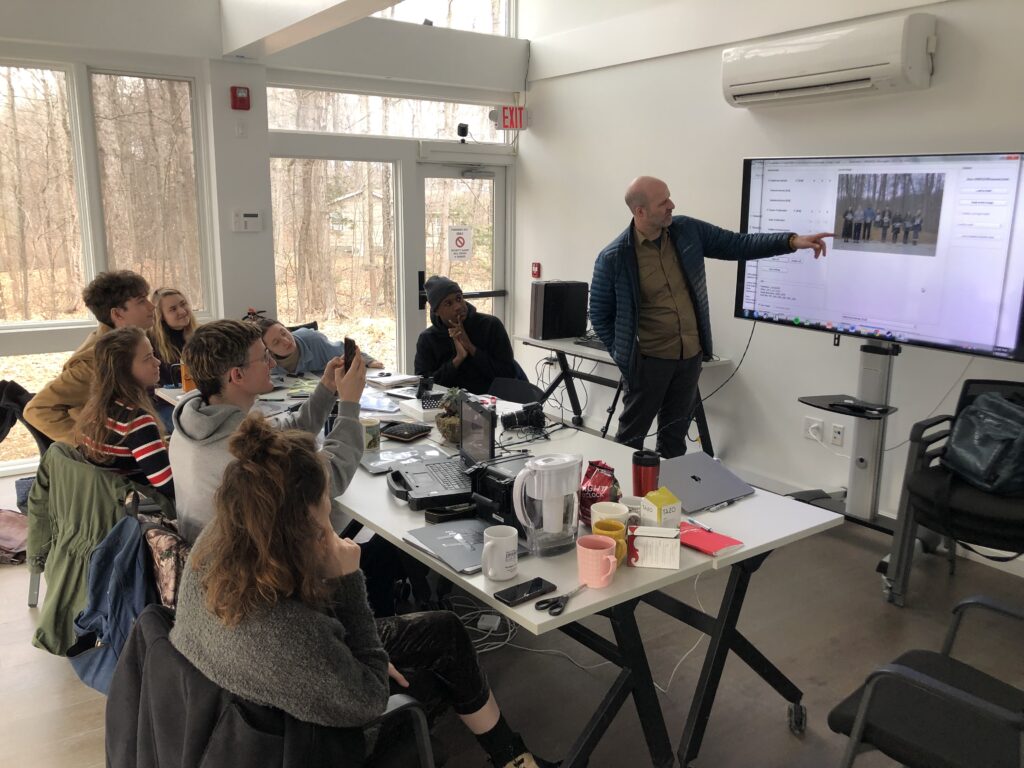Experimental Humanities
How does technology mediate what it means to be human?
How does technology mediate what it means to be human? How have scientific, intellectual, and artistic experiments reshaped human experience in diverse historical and cultural contexts, and how might they shape our shared futures?
Experimental Humanities (EH) is Bard’s interdisciplinary center for experimentation with digital, analog, and conceptual methods of learning, research, and public engagement. We are committed to the notion that embracing experimental approaches is essential to fostering practices that are inclusive for all learners and transformative for the societies in which we live. As a key part of our mission, EH works with media and technology from across historical periods, taking them not only as objects of scholarly study but also as live methods; we consider the experience of form a crucial pathway to understanding how it functions as a part of cultural, social, and political inquiry.
EH Emphasizes

Experimental Humanities students take two core courses, Introduction to Media and History of Experiment, which provide them with a critical and historical framework with which to approach electives from across the college. The concentration embraces the ethos of practice and making that characterizes the digital arts and humanities even as it insists on the importance of writing and theory as humanistic practices in their own right. Students moderating into Experimental Humanities do so simultaneously with their primary program, with the option of adding a practice-rich component to their Senior Project, in conjunction with that program.

The Center for Experimental Humanities at New Annandale House hosts regular EH events, workshops, and meetings for EH projects and courses. Outside of these centrally scheduled times, members of the Bard community can apply to reserve the downstairs space for other activities, especially those that share Experimental Humanities’ interests in how technology and media intersect with the arts, humanities, and culture.
Background:
The concentration and Center for Experimental Humanities emerged out of interdisciplinary faculty and staff conversations beginning in 2011, grounded in the desire to create a dedicated intellectual space at Bard for engaging with media, technology, and digital culture through humanistic, artistic, and social justice lenses. The concentration (academic minor) started offering courses in Fall 2012, and EH was given a substantial boost in 2014 when we were awarded a major grant by the Andrew W. Mellon Foundation to expand our curricular and extracurricular offerings. Over the next several years EH spearheaded a wide array of courses, projects, and initiatives, and thanks to a gift from the George I. Alden Trust moved into the New Annandale House building and formally launched the Center for Experimental Humanities in 2017. EH continues to be a hub for interdisciplinary thought and experimentation that keeps the question “how does technology mediate what it means to be human?” at the heart of all that we do.
Digital Humanities for Social Good
by Lindsay McKenzie, July 9, 2018
Experimental Humanities and the Future of Higher Education
by Rhodes Scholar Magazine, 2020
President Leon Botstein in Conversation with Professor Maria Sachiko Cecire
President Leon Botstein in Conversation with Maria Sachiko Cecire, Associate Professor of Literature and Director of the Center for Experimental Humanities
Core EH Courses: Intro to Media and History of the Experiment. Please visit this link to see a listing of all EH courses.
Learn more here.